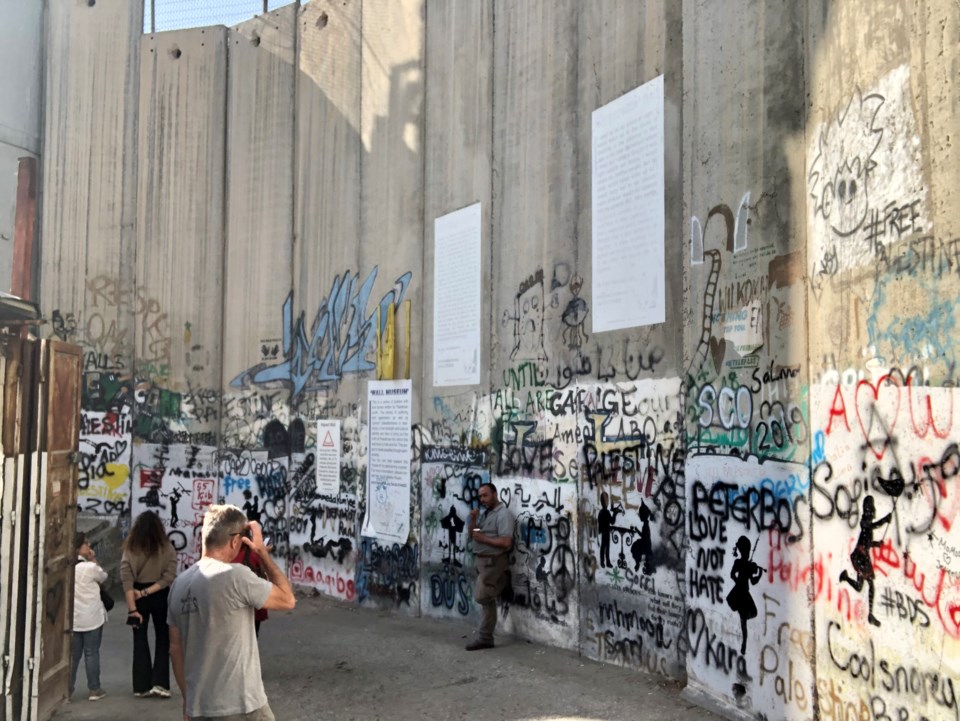I never thought you could experience culture shock in your own country until I moved to Whistler back in 2012.
There I was, fresh off a reporting stint in Colombia, overstuffed suitcase in hand, marvelling at the majestic, snow-capped mountains that dominated my sightline, wondering what this new life at a new job in a new town was going to look like.
Rather quickly, though, the novelty began to wear off. (Well, not the novelty of the mountains—those never get old, even for a Great Indoorsman such as myself.) After a whirlwind six months in Medellin, the overly sanitized, corporatized winter wonderland of Whistler proved to be quite the adjustment. Now, I don’t want to be that guy who prattles on about this or that gritty, off-the-beaten-path destination and how it fundamentally changed me as a person, but there’s no denying the significant cultural differences between a place like Medellin and a place like Whistler.
Looking back, what struck me the most was just how profoundly obsessed the locals here are with the ski lifestyle. Of course, it doesn’t take the detective skills of Benoit Blanc to suss this out. I was aware of Whistler's status as a skier’s mecca, primarily from the 2010 Olympics, but I didn’t realize just how deep the rabbit hole went. It seemed every second person I met had not only dedicated their life to chasing powder but had made it the defining characteristic of their entire personality.
Over time, as I became enmeshed in the community, I disovered there are plenty of talented, intelligent, and curious Whistlerites with steadfast morals, who care about far more than just hitting the slopes. But in the last few months, I’ve found myself wrestling again with the insulating effect of the so-called Whistler bubble.
That’s because, three months ago, I used up my remaining vacation time to join Keith Reynolds, the founder and head of Whistler’s Playground Builders, on a trip to Occupied Palestine, where the charity has built close to 50 playgrounds for underserved youth and their communities.
I’ll spare you the details from our trip, which I can only describe as transformative, as I’m still hopeful to write about my experience for a future feature in Pique. But it was for that reason that I had a certain sense of déjà vu, tracing back to my move to Whistler more than a decade ago. I knew how much I cared about Palestine and the warm and generous people I met there, but would Whistler? Surely, it’s my job as a writer to make the reader care, but I worried all the time and energy and emotion I had invested in this trip and the telling of it would largely fall on deaf ears.
Perhaps that’s a cynical view, but I’ll admit: it was hard coming back to Whistler, after everything I had seen and heard and felt, to find the same chorus of complaints about pay parking or Vail’s customer service or highway traffic. We are a pretty lucky bunch, not just because we get to work and play in such an awe-inspiring place, but because we have the luxury of tuning out the rest of the world. How many times have you or a local you know returned from a trip abroad only to marvel at the fact that life exists outside the resort? Hell, I still get that feeling when I head down to Vancouver after extended periods in the bubble. But the truth is Palestinians and Yemenis and Sudanese and Ukrainians and Syrians—the list goes on— don’t have the option of tuning out.
So, what does Whistler owe the world, aside from well-groomed runs and a good time? Well, first and foremost, I think we have the capacity to be living examples of the type of world we want to see. That’s one of the benefits of welcoming millions of visitors here from virtually every corner of the map. And as we all know, even for the tunnel vision we sometimes suffer from, Whistlerites are a deeply caring bunch, and the spirit of philanthropy and volunteerism here is something to marvel at, especially for such a transient community.
But I think our debt to the wider world is a more personal one, one that asks us to use the inherent privileges we all possess—freedom of speech, freedom of mobility, freedom of religious expression, freedom to love who you want to love—for the benefit of those who don’t, even and especially if those causes don’t neatly align with the distinct lifestyle we enjoy here in Whistler.
And hey, if you do want to learn more about Palestine and our experience there, Keith and I will be doing a talk at the Whistler Public Library on March 22. It might just burst your bubble.





